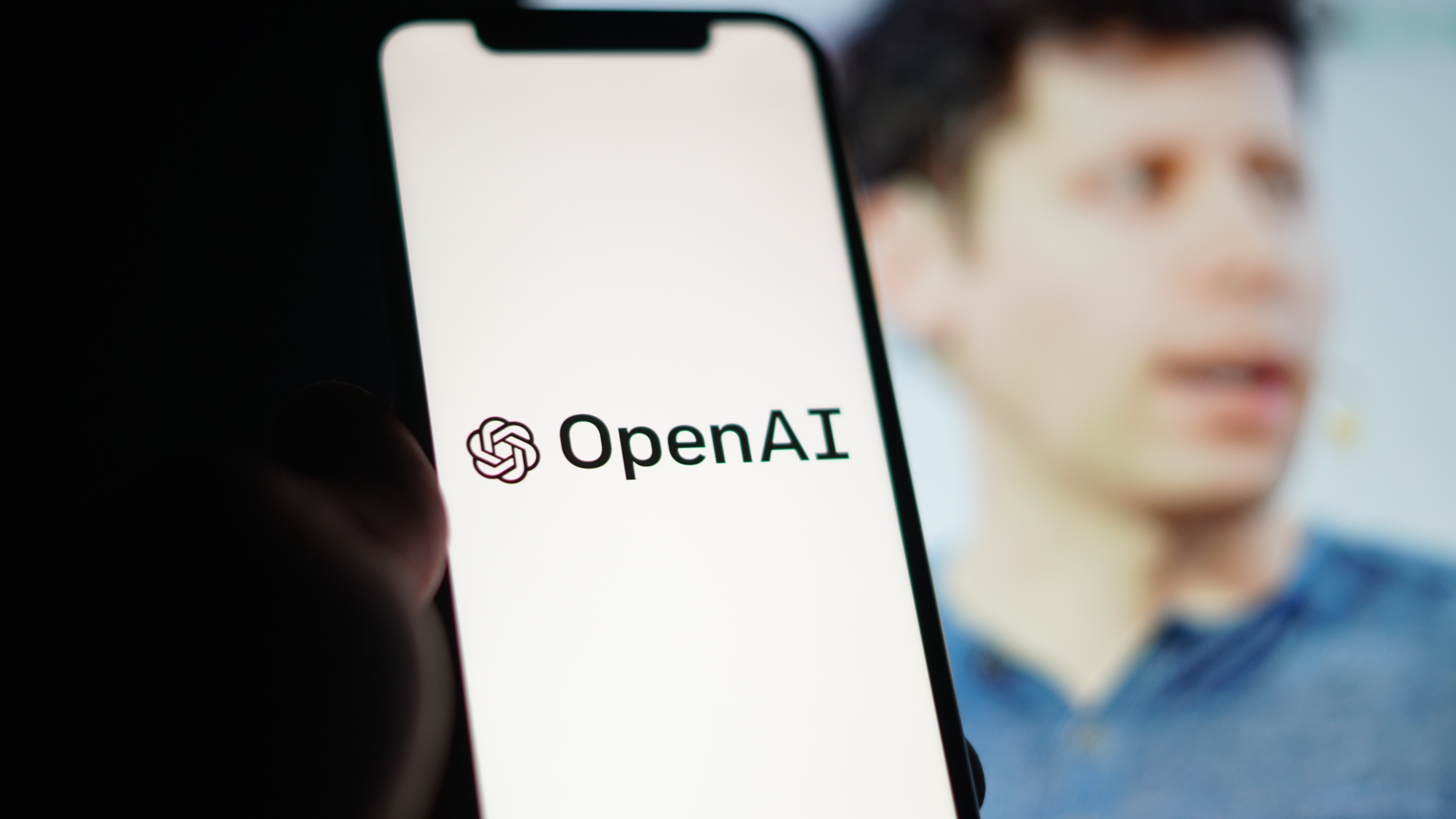Why Process Intelligence is vital for success with Agentic AI
How can businesses harness the power of Agents, and how does Process Intelligence unlock it?

The pace of change in AI has felt bewilderingly fast over the past 12 months, with new technologies emerging and seemingly being usurped on a weekly basis. For decision-makers, this can be a daunting challenge. However, the encouraging news is that AI development is largely iterative, each new tool builds on the foundations laid by its predecessors.
This has brought us to the next phase of the AI revolution, Agentic AI. This latest development describes the development and implementation of autonomous software agents, grounded in Generative AI, that can make decisions and take action independently of human input. According to Gartner, by 2028, 33% of enterprise software applications will include AI agents, and 15% of work decisions will be made autonomously. Forward-thinking organizations are already using AI agents to uncover business value and achieve goals such as accelerating software development.
Yet, just as Generative AI needs training data to be truly effective, AI agents need a clear understanding of business context. How can leaders ensure that AI agents comprehend how their businesses operate? The answer lies in Process Intelligence (PI). PI takes data from systems such as Enterprise Resource Planning (ERP) and Customer Relationship Management (CRM) software to track how events progress within an organization. It creates a dynamic, living digital twin of business operations, offering a holistic view of how work gets done. This makes it a foundational tool for implementing AI in ways that actually deliver value.
Why AI agents?
Agentic AI refers to autonomous ‘agents’ that can handle complex tasks independently. Many agents are armed with access to Large Language Models (LLMs), along with access to business-specific data (for instance, knowledge base articles or the order information). Employees can interact with many of them using natural language, asking them to then rapidly analyze business data to work out what the next step of a process should be, and even take follow on actions automatically.
AI agents are not, however, a one-size-fits-all technology panacea that can solve every business problem right out of the box. For AI agents to succeed, they must be built to solve specific problems and they need insight into how the business really functions.
This is where PI plays a critical role. It gathers together fragmented data from across dozens or hundreds of business processes, offering AI agents a ‘common language’ to understand events such as invoicing and shipping, and offering high-quality, timely data which can enable AI agents to make better decisions.
With a ‘digital twin’ of business operations in hand, AI agents can analyze how processes truly impact each other across the whole business, and uncover opportunities to drive efficiency.
Putting AI agents to work
Businesses are already creating AI agents built to harness the power of PI and seeing tangible results. One customer has worked with Celonis to develop an AI-driven inventory to track parts and materials. Within two months the AI tools had identified that many purchase orders were raised for spare parts that were already in stock as well as highlighting that a significant portion of spare parts were over eight years old.
An additional AI Agent uses the inventory to optimize spare part availability for plant engineers, with users able to describe the parts they need using technical descriptions or common industry terms, eliminating the need for exact part numbers.
In another case, PI and Agentic AI helped a company double the speed of software delivery by improving predictability and cutting stage waiting times by 30–40%. AI-driven tools pinpointed bottlenecks, offered predictive alerts, and suggested mitigations ranked by potential impact. Leaders could ask simple, natural-language questions to uncover delays and risks, using an AI copilot that translated complex data into clear, actionable insights.
Why AI needs PI
Agentic AI holds the potential to revolutionize enterprise operations, but its effectiveness depends on the quality of data agents have access to. PI ‘bridges the gap’ to provide AI with the input it needs, offering oversight of the totality of the business’s processes. PI is thus a vital tool for optimizing enterprise processes.
Enterprise customers who try to improve their processes using AI without the vital insights from PI all too often fail. In fact 89% of business leaders globally we surveyed recently said that giving AI the context of how their business runs is crucial if it is going to deliver meaningful results.
That is why we believe there can be no effective enterprise AI without PI. Process intelligence is integrated into live systems, so even when systems change, it offers AI agents real time access to the current state of processes. Think of it like the mapping data for a GPS.
Without a map, you’re just following a line on a blank screen. You won’t know why you were turning left and it would be all too easy to take a wrong turn. Similarly, Process Intelligence gives AI agents the essential context to navigate business complexity reliably.
A smarter future
Agentic AI is set to become increasingly central to enterprise success. But its impact depends on access to timely, accurate, and contextual data. Process Intelligence provides this foundation—enabling AI agents to drive meaningful change across business functions, from software development to finance.
The message is clear: Agentic AI needs the right data, and the right context. That’s exactly what Process Intelligence delivers.
We've featured the best AI chatbot for business.
This article was produced as part of TechRadarPro's Expert Insights channel where we feature the best and brightest minds in the technology industry today. The views expressed here are those of the author and are not necessarily those of TechRadarPro or Future plc. If you are interested in contributing find out more here: https://www.techradar.com/news/submit-your-story-to-techradar-pro


































































































































































































